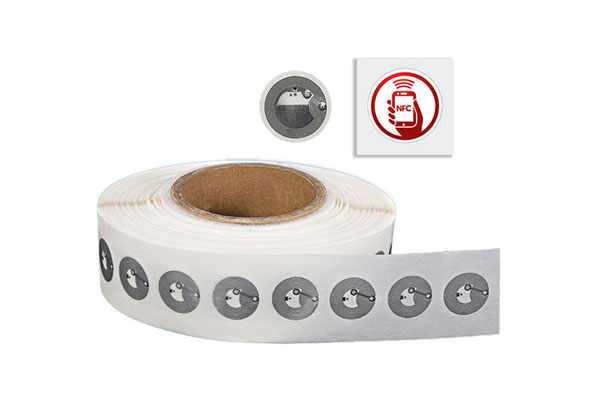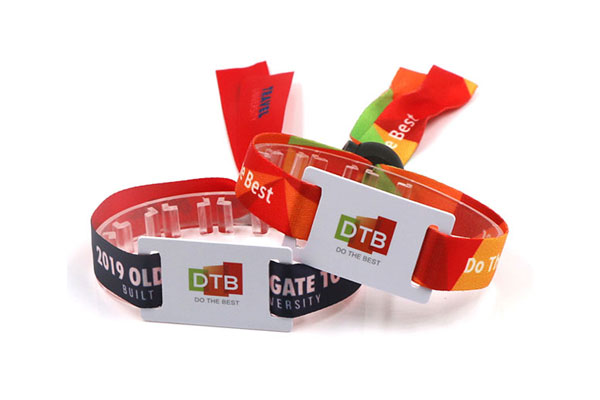As the demand for smarter, more traceable, and sustainable solutions in the automotive industry continues to grow, RFID tire tags are becoming increasingly popular among tire manufacturers, logistics companies, and fleet operators.
Introduction to RFID Tire Tags
RFID tire tags are small and durable, typically embedded in the tire to store and transmit important information about it. By reading these tags with an RFID reader, detailed data regarding the tire’s location, manufacturing details, and performance history can be obtained.
Applications of RFID Tire Tags
– Production and Quality Control: During tire manufacturing on the production line, RFID tags provide real-time information on each tire’s production progress and can immediately report any anomalies. They also aid in temperature monitoring, especially during curing, to ensure compliance with safety and performance standards.
By tracking each tire’s production, storage, and transportation stages, manufacturers can quickly identify and manage or recall defective batches.

– Retail and Inventory Management: RFID tags support batch scanning, making it easier to conduct inventory checks, select specific models, and reduce losses or misplacements. Tires equipped with RFID tags can be automatically tracked, significantly reducing the labor costs associated with manual inventory management, allowing employees to focus more on customer service and sales.
– Supply Chain and Logistics: RFID tags track tires throughout the supply chain by monitoring movements, shipment times, and locations. They help distributors optimize warehousing processes, reduce manual tracking, and prevent inventory discrepancies. In logistics, companies use RFID to track vehicle shipments, enhancing inventory visibility and preventing losses or misplacement.
– Fleet and Vehicle Maintenance: In fleet management, RFID tags help monitor tire usage and wear, enabling preventive maintenance and reducing accident risks. RFID tire tags automatically record data such as mileage, pressure, and condition. By optimizing tire maintenance schedules, fleet operators can extend tire lifespan, reduce fuel consumption, and lower operational costs.
Challenges
While RFID tags offer numerous advantages, their implementation in the tire industry comes with unique challenges:
– Durability and Readability: Tires are subject to high levels of pressure, heat, and wear over time, so ensuring RFID tags maintain durability and readability under these conditions is essential.
– Cost: Although RFID technology has become more affordable over time, manufacturers must weigh the cost-effectiveness of embedding RFID tags in large quantities of tires, considering the benefits for inventory management, quality control, and sustainability.
– Data Privacy and Security: For fleet operators managing large amounts of tire-related data, ensuring secure storage of this data and limiting access to authorized users is crucial for protecting both corporate and customer information.

Case Studies
Several major companies have successfully implemented RFID tire tags:
– Michelin: Michelin pioneered the integration of RFID tags into tires to enhance vehicle traceability and improve customer service. RFID-equipped tires have now become standard for several commercial fleets, helping fleet operators accurately monitor tire wear and manage lifecycle maintenance.
– Continental: Another tire manufacturing giant, Continental, has adopted RFID tags to streamline production. The company uses RFID to optimize supply chain processes and increase overall traceability. By integrating RFID into tires, Continental can effectively monitor the performance and quality of each tire batch.
– Walmart: Although not specifically for tires, Walmart’s RFID initiative deserves mention as the retail giant requires suppliers to embed RFID tags in products to strengthen inventory control. This highlights RFID’s applications across various industries.
RFID tags are shaping a more efficient, safer, and environmentally friendly tire industry, contributing to a more sustainable automotive sector. As the technology continues to mature, RFID tire tags are expected to become the industry standard, creating new possibilities for tire manufacturing and logistics, and playing a crucial role in building a connected tire ecosystem.























